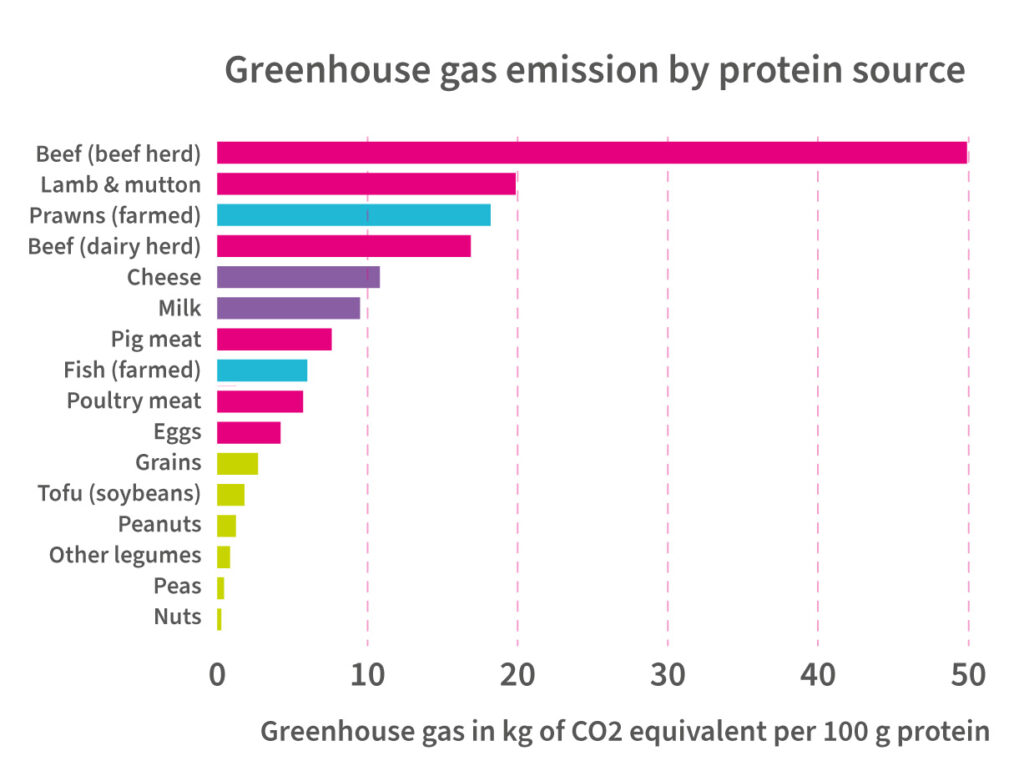Why are plant-based proteins capturing Europe’s appetite, and why should you take note?
The plant-based protein wave is sweeping across Europe, propelled by a conscious shift among consumers towards choices that promise health and harmony with the environment. The market is responding with gusto, as evidenced by the projected growth of the Europe Plant Protein Market from 3.45 billion USD in 2024 to 4.28 billion USD by 2029, at a CAGR of 4.41%1. This shift isn’t just about personal health—it’s about a collective future.
European consumers are increasingly embracing legumes, with 43% looking to substitute animal-based foods with plant-based options, 52% planning to increase their consumption, and 53% intending to boost their purchases of such products. This shift is primarily motivated by health reasons for 47% of consumers, concerns about animal welfare (29%) and environmental impact (26%).2
In light of recent upheavals within the plant-based industry, including notable companies like Beyond Meat and Oatly facing hard times, it’s understandable to question the industry’s viability. However, such challenges are not unique; this scenario mirrors the typical “trough of disillusionment” in Gartner’s Hype Cycle echoing the trajectory of other disruptive technologies like AI and electric cars3. Just as solar panels faced scepticism in the 80s before becoming a staple of renewable energy, the plant-based movement is in a transformative phase.
Eager to understand how this shift impacts customers’ plates and your business?








